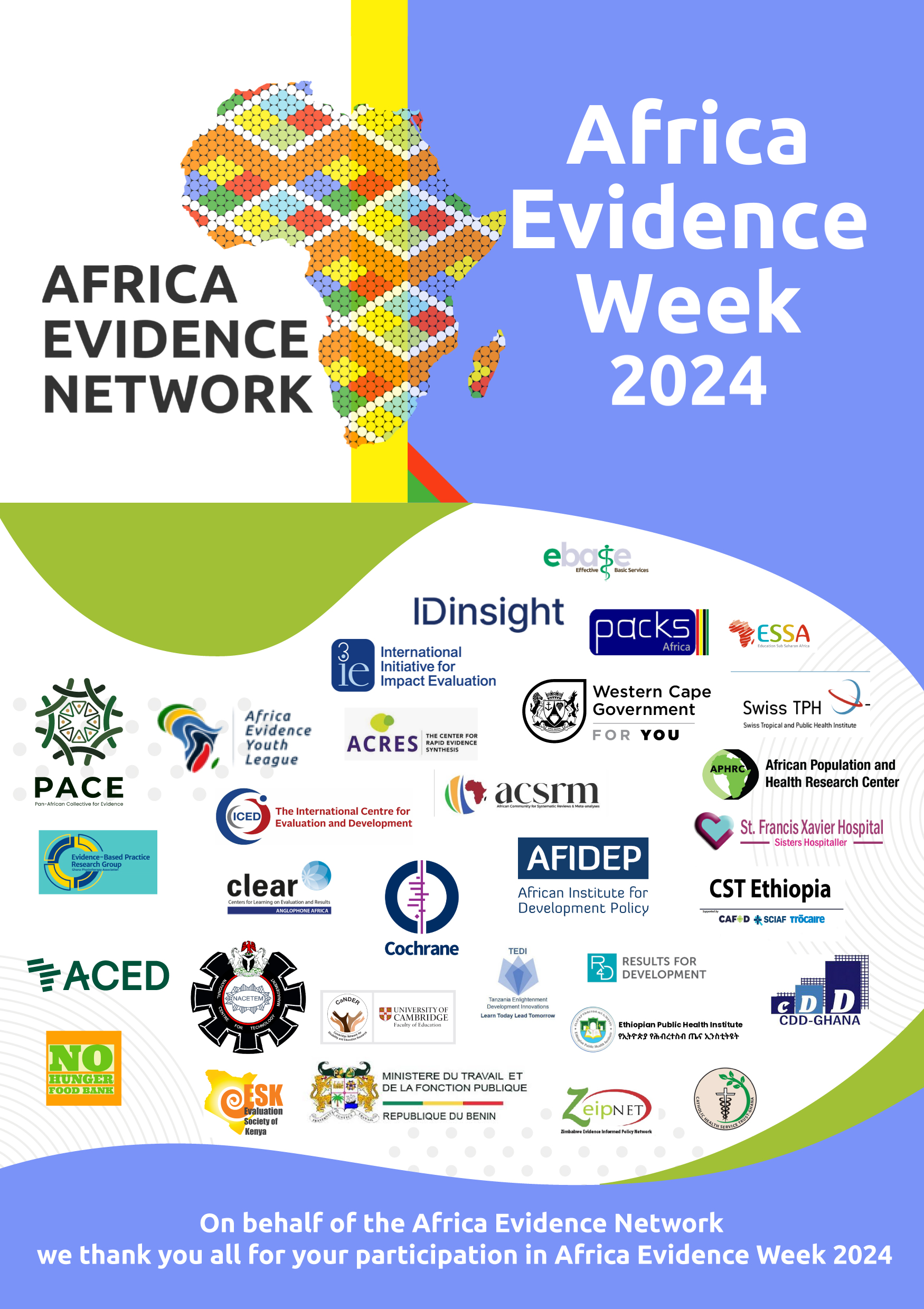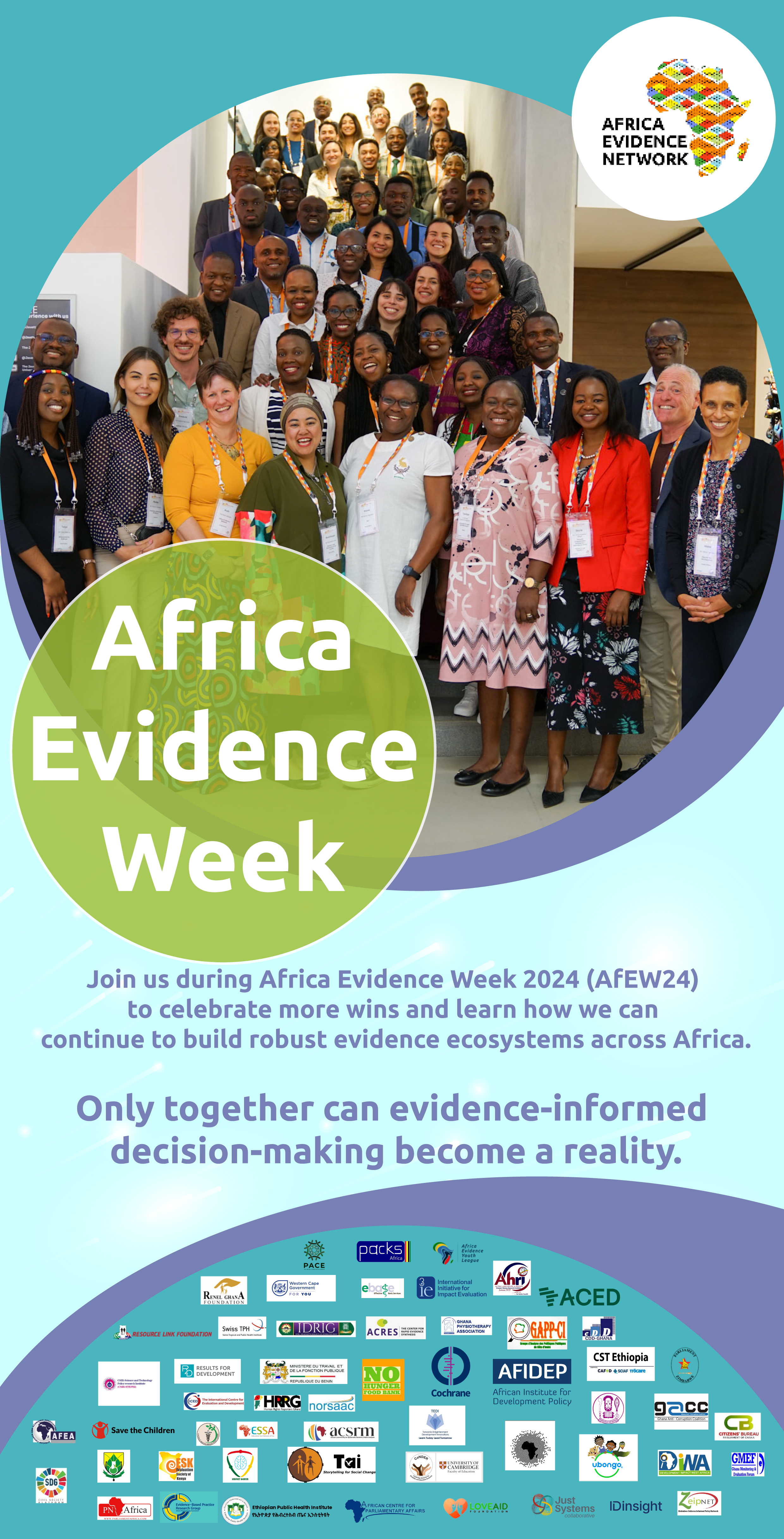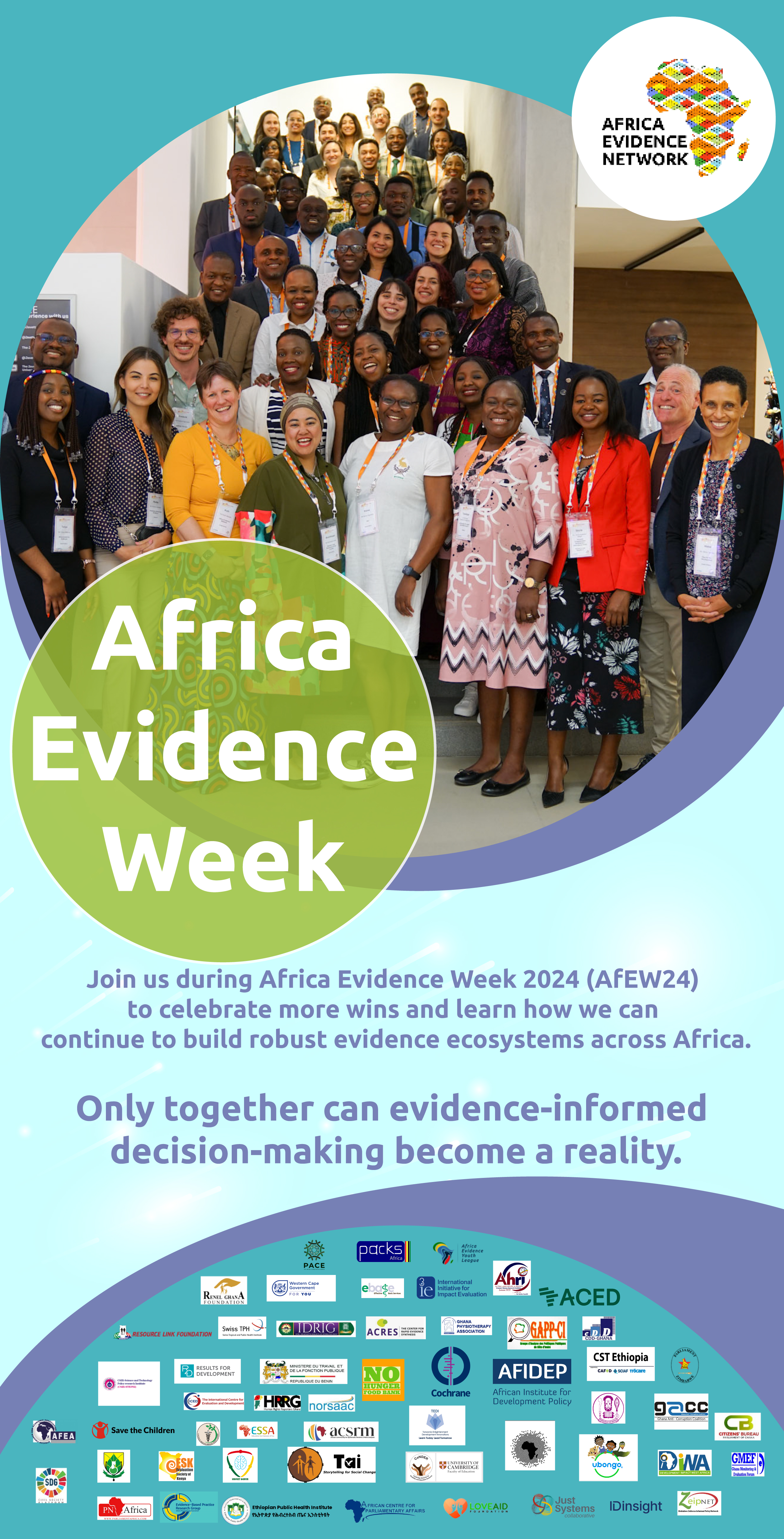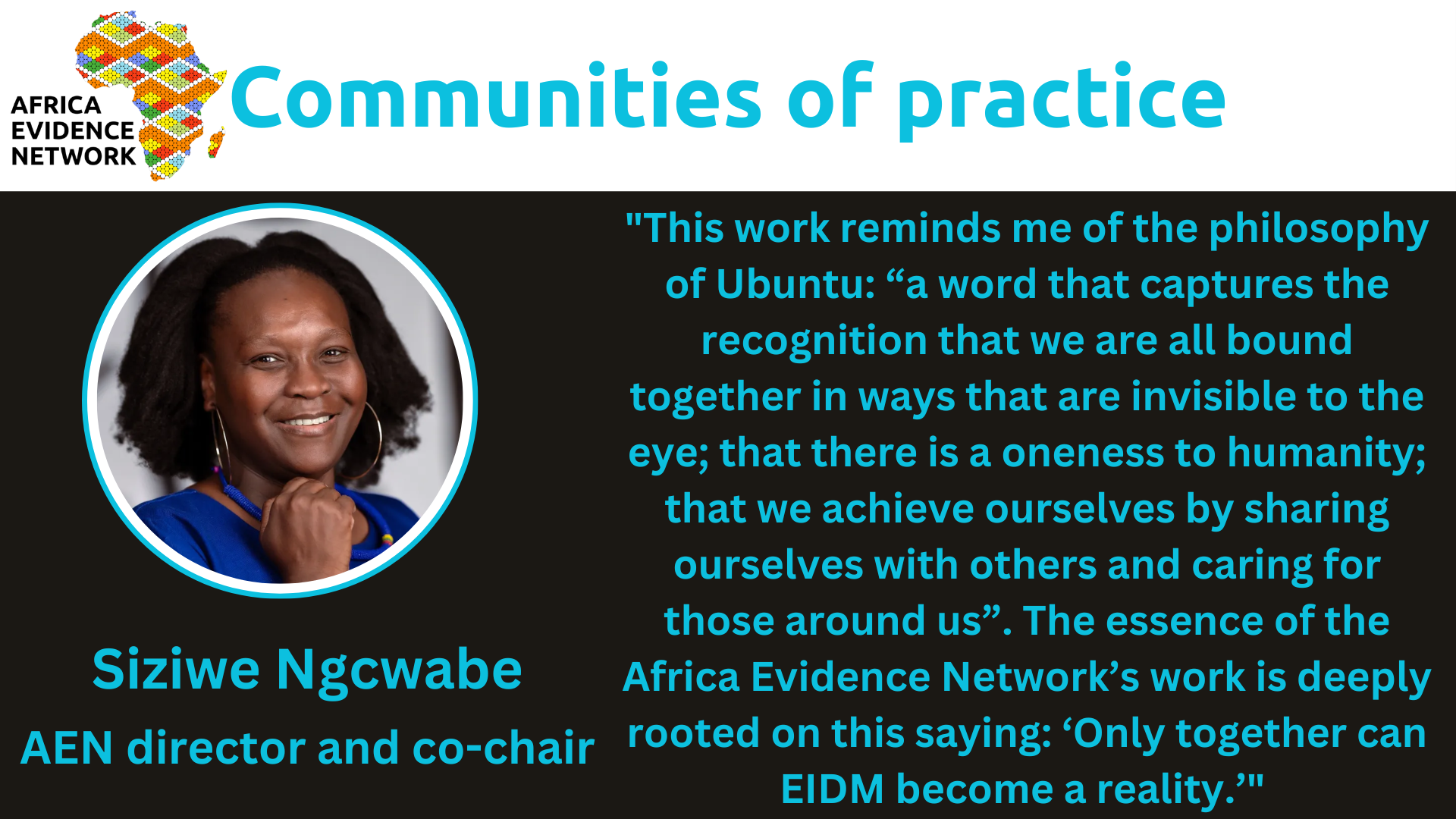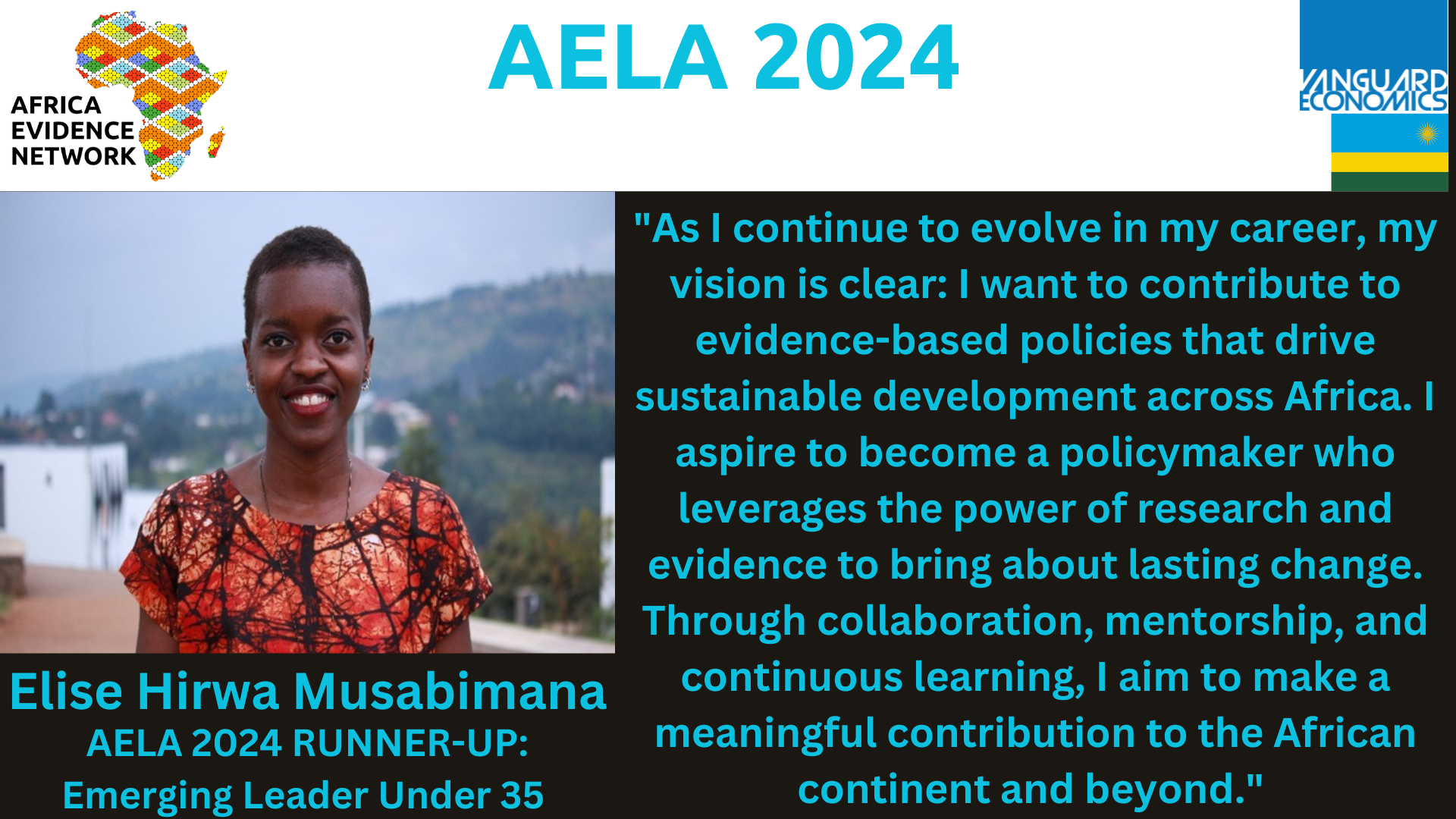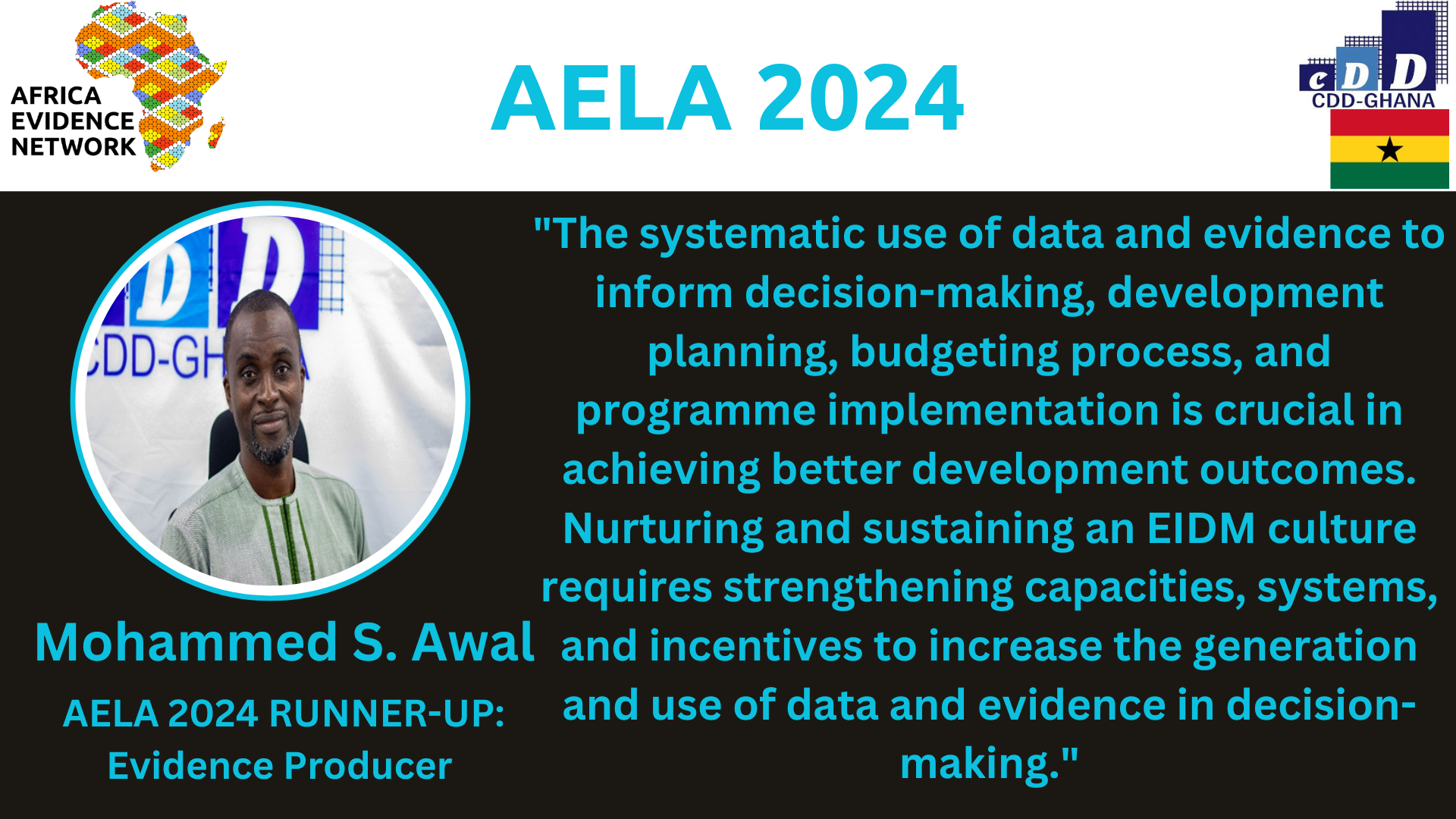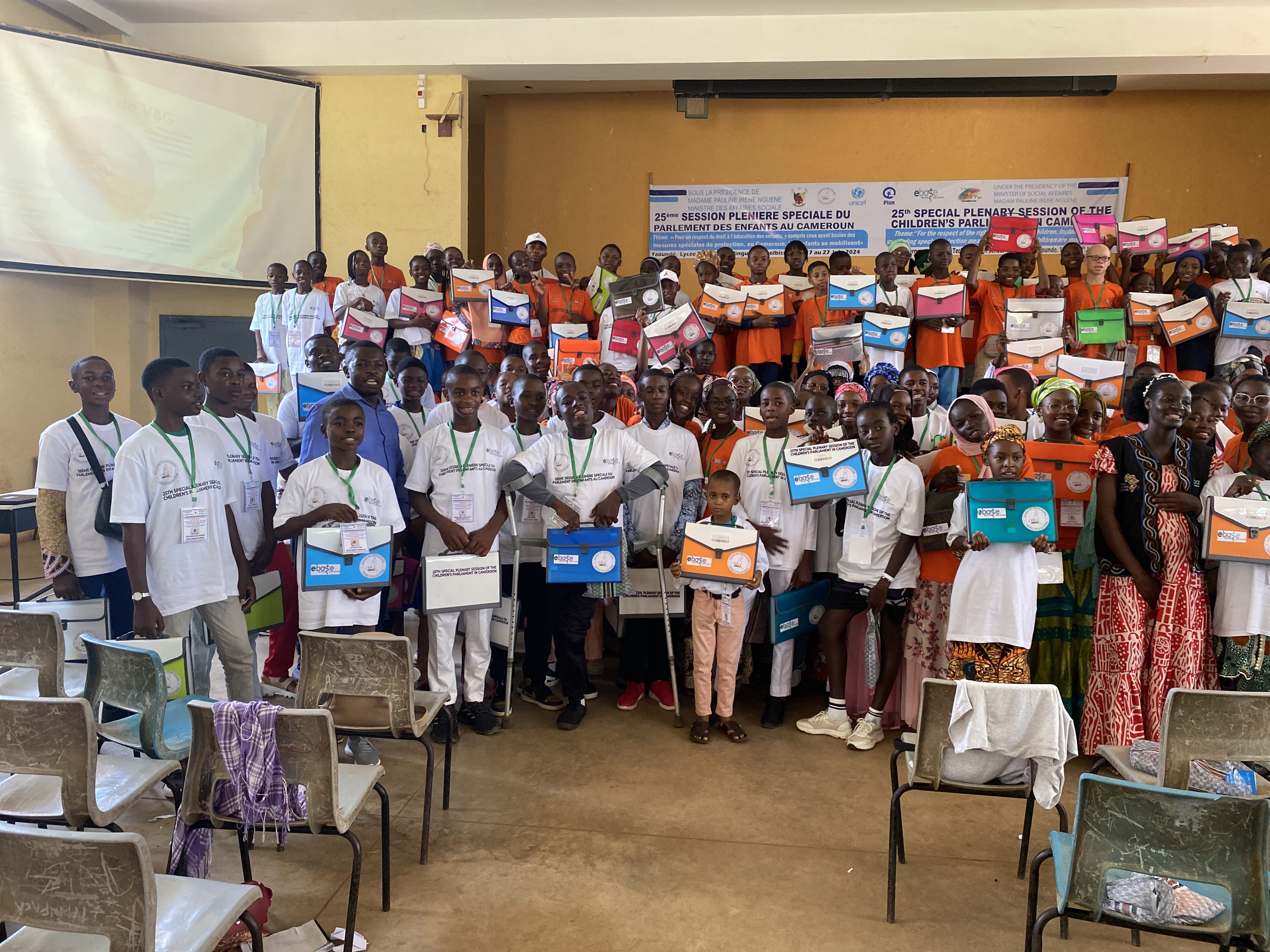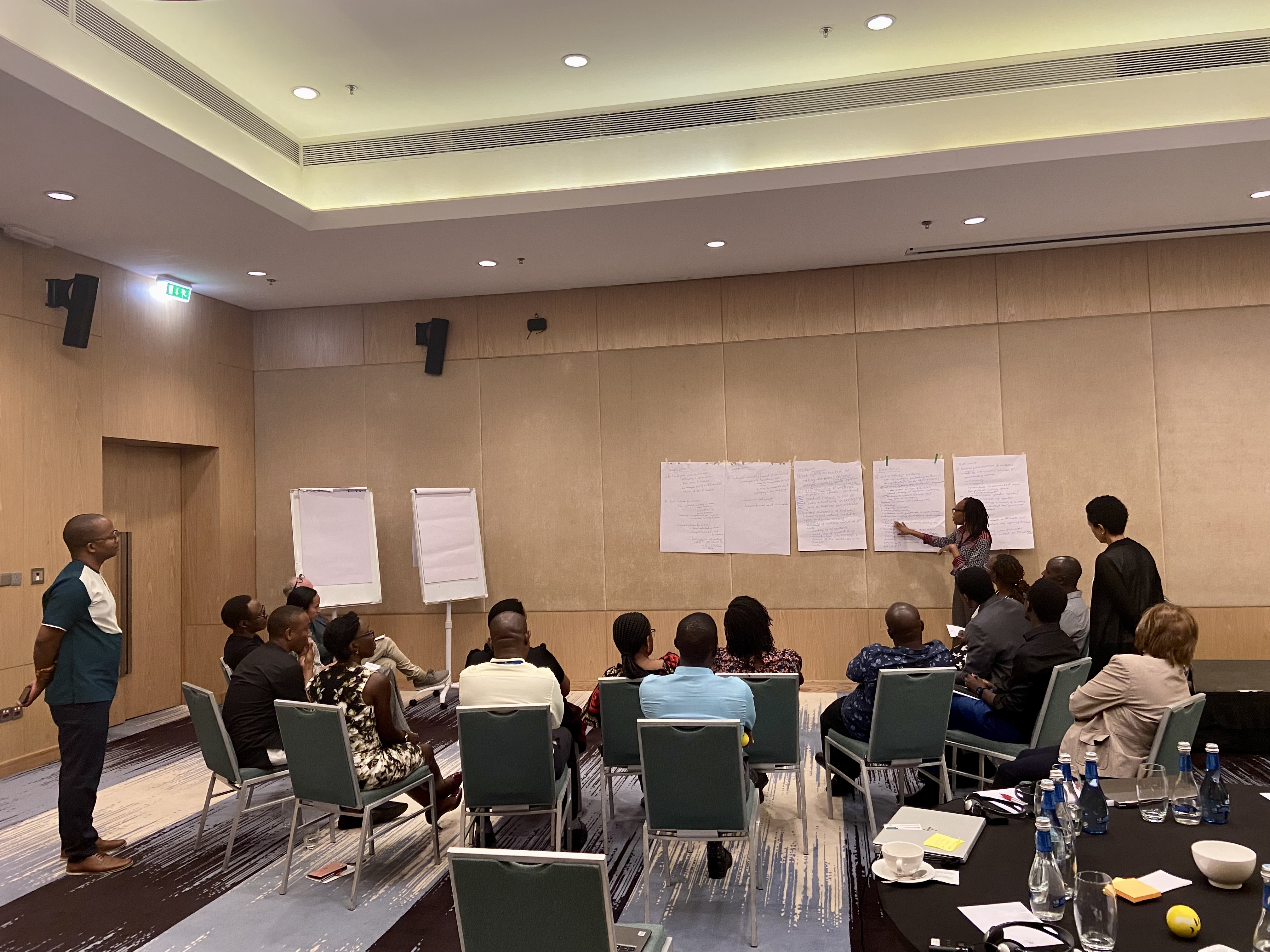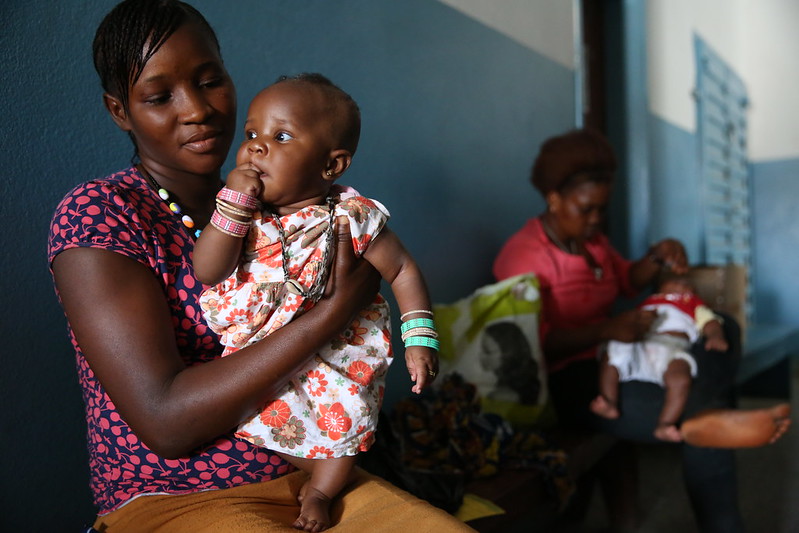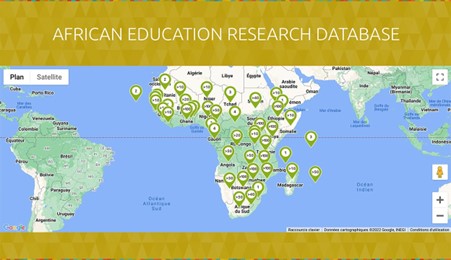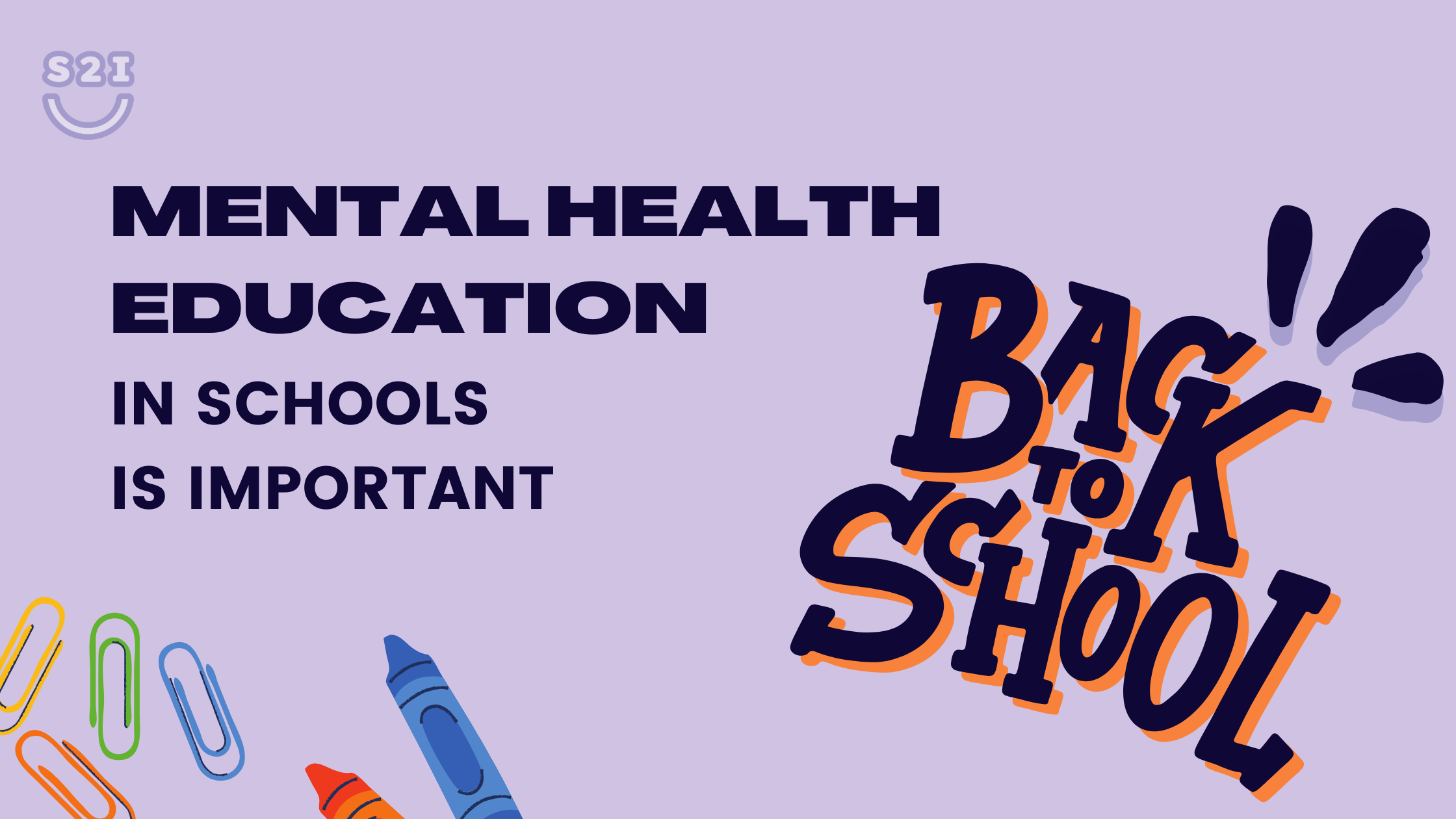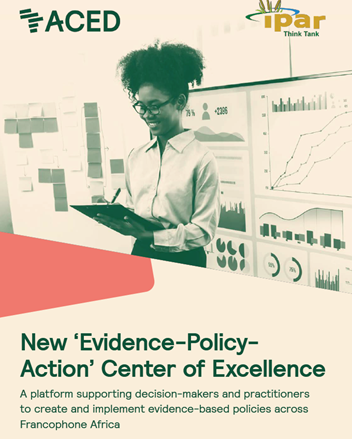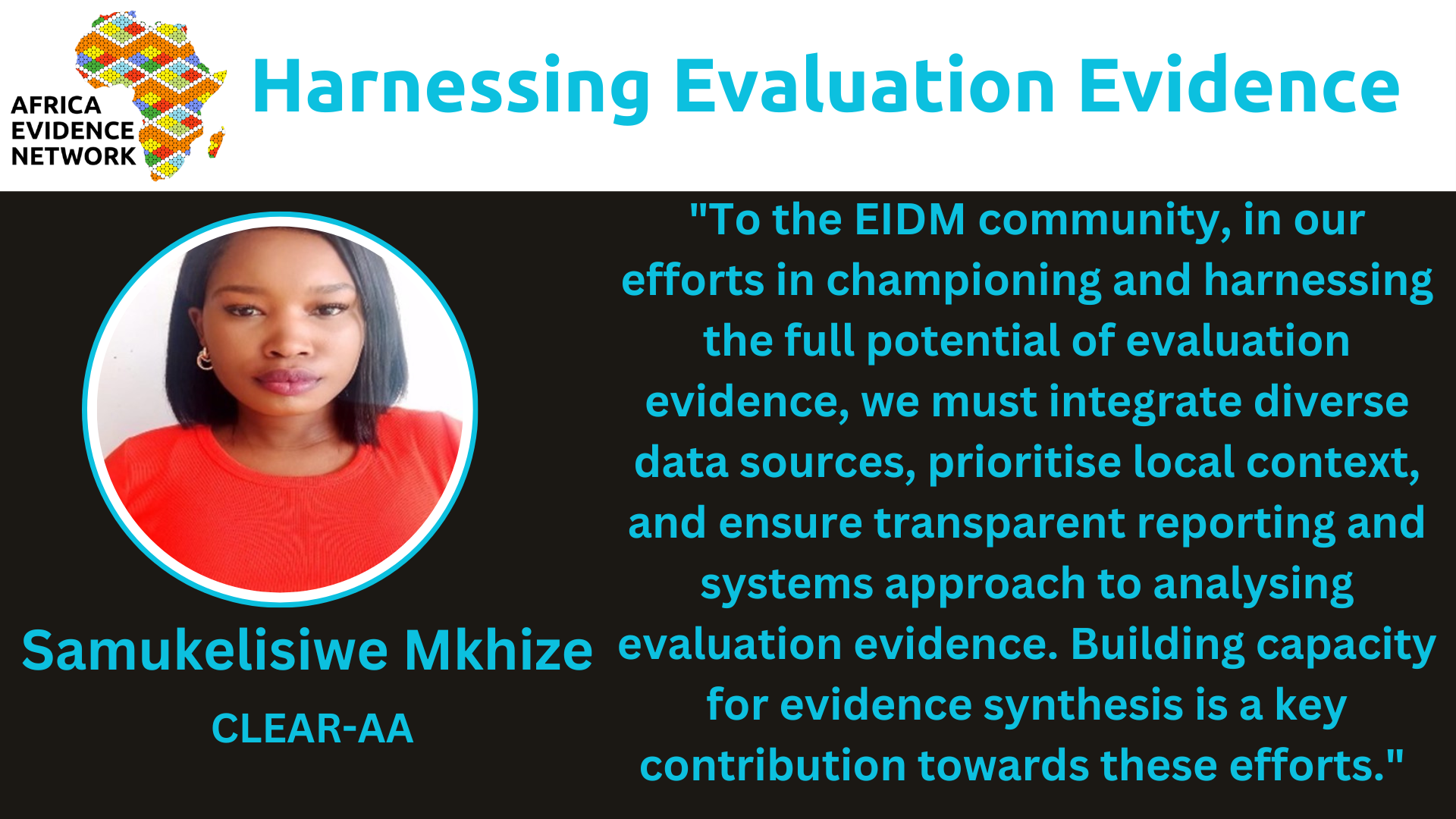
In the face of persistent hunger and vulnerability in Southern Africa, where economic growth has yet to alleviate deep-seated inequalities, the challenge of building resilience is both urgent and complex. In navigating complex challenges like resilience building, harnessing the power of evaluation evidence is essential for making informed, impactful decisions that drive sustainable change. EIDM has an important role to play in ensuring that interventions are effective in achieving the intended outcomes; ensuring that no harm will come from the implementation of resilience building interventions; maximising use of resources and ensure the highest return on investment; and helping minimise inequities.
Importantly, it requires the integration of evidence into all decision-making processes by identifying and synthesising relevant evidence. Evaluation provides a systematic approach to understanding the effectiveness of interventions and generating evidence. For resilience-building programmes, this means assessing how well these interventions enhance the ability of communities, institutions and systems to cope with and recover from adversities. Evaluations can help us to uncover what works, what doesn’t, and why, providing a basis for refining current approaches and maximising impact for resilience-building interventions.
At the Centre for Learning on Evaluation and Results Anglophone Africa (CLEAR-AA), we have been contributing to improving evidence-informed decision making in the Anglophone Africa region through the development of evaluation systems. As part of our mission, we have been actively engaged in developing evidence synthesis and summaries across various development interventions in the Southern African region to support decision making. Our recent experience with collating and integrating evaluation evidence for resilience-building has illuminated how crucial it is to ground evidence informed decision making (EIDM) on rigorous, context-specific evaluation evidence.
This blog highlights three key takeaways;
1. Prioritising the local context in evidence generation, synthesis and use supports development of informed equitable evidence-based decisions
It is no surprise that prioritising the local context is the first lesson, the importance of aligning interventions with local contexts cannot be understated in ensuring that evidence generation and use is informed by local realities. In this case, resilience-building initiatives thrive on a nuanced understanding of local conditions, which involves navigating a web of social, economic, and environmental systems at multiple levels. This is supported by evaluators’ transparent reporting of evaluation findings of both successes and limitations, including outlier data or contextual nuances in differing development contexts. Incorporation of peculiar or specific local, national, regional needs and conditions is not only more likely to ensure success of current and future interventions but also offers key lessons on best practice approaches for improved programme design and implementation.
2. Integrating various information and data sources embraces the complexity of evidence-informed decision making
Systematically integrating evaluation evidence enables the development of a clearer picture of what works, under what conditions, and why. Evidence collation and synthesis allows for this complexity to be addressed through a detailed integration of diverse data sources offering a holistic view of resilience-building interventions. This perspective was particularly useful for understanding the multifaceted challenges and leverage points within food systems to avoid the pitfalls of isolated data points and ensure a more nuanced understanding of interventions performance. More importantly, the integration of evidence from various contexts and levels of intervention supported an improved understanding of the current needs for identifying useful recommendations for multi-sectoral interventions that address the root causes of vulnerability and leverage synergies between different areas of action.Bottom of Form
3. Application of systems thinking in interrogating the evidence base
Lastly, examining evidence through a systems lens uncovers the connections essential for designing integrated interventions that address multiple vulnerabilities, rather than individually. This approach fosters a comprehensive understanding of how a robust and adaptive resilience system can be implemented across local, national, and regional levels. Particularly, by examining problems in this interconnected manner, we promote a systems approach that supports solutions that can address multiple vulnerabilities simultaneously.
To the EIDM community, in our efforts in championing and harnessing the full potential of evaluation evidence, we must integrate diverse data sources, prioritise local context, and ensure transparent reporting and systems approach to analysing evaluation evidence. Building capacity for evidence synthesis is a key contribution towards these efforts.
About the author: Samukelisiwe Mkhize is a Research and Learning Officer at the Centre for Learning on Evaluation and Results for Anglophone Africa (CLEAR-AA) based in Johannesburg. She holds a Bachelor’s degree in law and political science, Masters’ and Honours degree in Policy and Development Studies from the University of KwaZulu-Natal, Postgraduate Diploma (M&E) Stellenbosch University. She worked at various organizations across different sectors in South Africa, most of which were in the agricultural and water projects primarily in climate change adaptation and mitigation programmes. She also contributed to a number of evidence synthesis projects including Country Evidence Summaries and Thematic Synthesis on development interventions in the Southern African region.
Acknowledgements: The author(s) is solely responsible for the content of this article, including all errors or omissions; acknowledgements do not imply endorsement of the content. The author is grateful to Charity Chisoro and Siziwe Ngcwabe for their guidance in preparing and finalising this article, as well as their editorial support.
Disclaimer: The views expressed in published blog posts, as well as any errors or omissions, are the sole responsibility of the author/s and do not represent the views of the Africa Evidence Network, its secretariat, advisory or reference groups, or its funders; nor does it imply endorsement by the afore-mentioned parties
